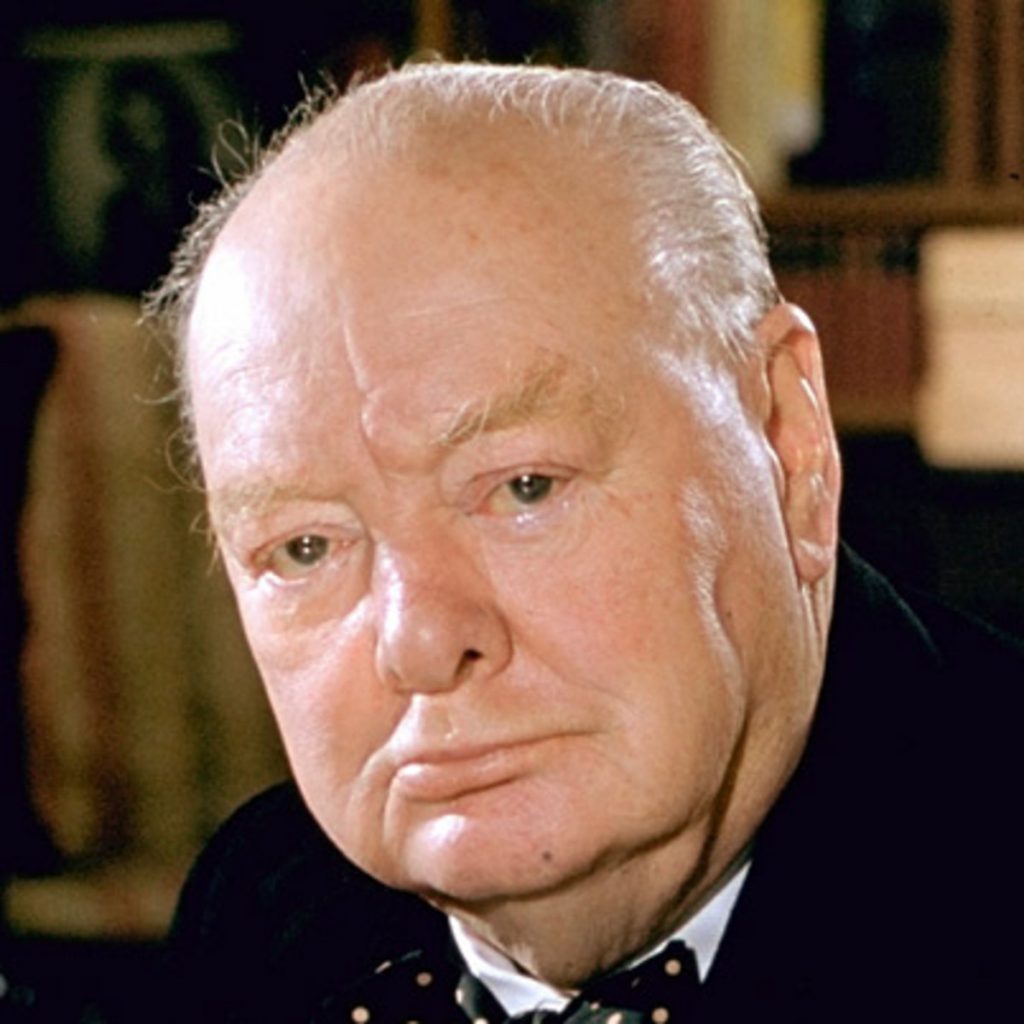
“Many historians have tried to make sense of our former prime minister and his times. He was a racist, but also anti-fascist; he was anti-communist, yet carved up Europe and gifted much of it to Stalin”
BY: Sean O’Grady
PEJOURNAL – “Churchill was a racist” was the graffiti on the fine statue of the old man on Parliament square.
In the big scheme of things, it’s a minor piece of vandalism – but an unfortunate one as, quite unlike the defenestration of slave trader Edward Colston in Bristol, the wartime prime minister is an obviously revered national hero. The desecration of the monument is something that has upset and alienated some people from the worthy cause of Black Lives Matter protestors. Like the guy who tried to burn the union flag on the cenotaph, it was an act self-consciously designed to shock.
The allegation of racism was clearly done as a deliberate act of outrage, attention-seeking, a sort of punk politics, as when someone used a chunk of turf to give the old man a “Mohican” hairstyle in a previous wave of protests a few years ago.
Winston Churchill survived that, and will survive this. I suspect he’d take a bit of criminal damage to a statue in his stride, with some devastatingly witty put down, believing as he did anyway to free speech, even in this unorthodox setting.
He was something of an adventurer and a Liberal radical himself in his younger years, up for a bit of danger (it’s said he wanted to be there personally for the D-Day landings, aged almost 70). He himself would’ve have happily daubed a statue if he felt it necessary.
Unveiled in 1974, the Churchill memorial celebrated the centenary of his birth, that defiant stance deliberately recalling his war time premiership, the finest hour when he in that pose stood defiant in the Blitz, head of a nation alone against the Nazis. You know the rest, or you should do. He was Antifa – the original activist, really, given that he was virtually a lone voice warning of the dangers of Hitlerism in the 1930s. Goodness, he even forged an alliance with Communist Russia.
Then again, he also was an old fashioned Edwardian imperialist, even by the standards of his day. Churchill resisted, for example, independence or even home rule for India long after it had became inevitable.
As a young man he fought in the British army to defend the empire, a racist endeavour after all, in India, the Sudan and South Africa. Still more notoriously, as a government minister Churchill authorised the bombing of rebels in Iraq, and supported the lawless “Black and Tans”, irregular British troops who tried (and failed) to stop Irish independence.
No figure with as long and momentous a career as Churchill could be flawless. He was famously inconsistent on his politics, switching party and policy to suit himself – probably the only thing he truly has in common with his successor and biographer, Boris Johnson.
He was a racist, but also anti-fascist; he was fiercely anti-communist, yet carved Europe up and gifted much of it to Joseph Stalin.
Many historians have tried to make sense of the man and his times. “Churchill was a racist” is part of the truth about the man, but only a part of it.
His plinth is best left with just his name, which speaks for itself. Maybe we can all agree on that.
